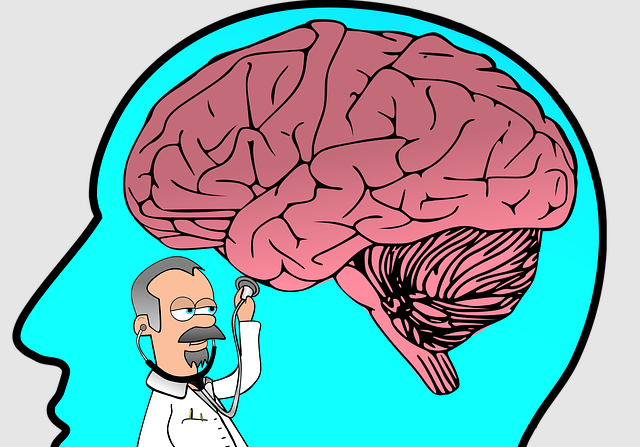Signs You Need to See a Neurologist
 Your brain and spinal cords are some of the most critical parts of your body, meaning you need to ensure that they are in great shape. Peripheral nerves and muscles will also count. A neurologist is the right person to rely on to keep your nervous system in check. This professional will ensure that responses to internal and external stimuli are regulated. But when should you visit this neurologist? The following are signs that it is time to do so.
Your brain and spinal cords are some of the most critical parts of your body, meaning you need to ensure that they are in great shape. Peripheral nerves and muscles will also count. A neurologist is the right person to rely on to keep your nervous system in check. This professional will ensure that responses to internal and external stimuli are regulated. But when should you visit this neurologist? The following are signs that it is time to do so.
Chronic, Severe Headaches and Migraines
Severe headaches and migraines are a concern, especially if they become chronic. Sometimes, this headache could stretch into the sinuses, base of the skull, neck, shoulders, and across the top of the head. The headache or migraine could be accompanied by nausea, light sensitivity, and sound sensitivity. In this case, it would help if you got medical attention from the best neurologist Denver CO-based.
Remember, migraines are almost incurable. However, a neurologist will help determine the trigger, addressing it on time. Triggers might include treatments, food, and stress. In addition, they will prescribe medication to help stop the chronic headache.
Seizures
A seizure is an uncontrollable disturbance to your brain, often caused by high fever, blood sugar irregularities, concussions, and drug withdrawal. However, if this happens more frequently, it could be seen as epilepsy.
A neurologist will help determine the exact cause of the seizure, mainly through brain imaging and testing. Treating the root cause will often help stop these seizures in the long run. What’s more, the professional could recommend procedures that might help prevent them in the long run.
Dizziness
Dizziness is associated with vertigo and disequilibrium. These conditions will make you feel like spinning, causing significant instability. Constant dizziness requires immediate medical attention. Getting help from a neurologist would be a perfect way to solve this issue.
At the same time, be wary of significant and unusual body weakness. Considerable muscle weakness could affect your everyday productivity and tasks. A rapid decline in your strength could be a sign of a health issue with your nervous system, including stroke.
Movement issues could also indicate a problem with your nervous system. Unintentional jerks and movements are unexpected stimulus responses. Once you notice this, ensure that you visit a neurologist to help.
Vision and Memory Issues
The nervous system could significantly affect your vision. An unhealthy nervous system could contribute to sudden vision problems. A neurologist will help evaluate this issue, determining the proper treatment.
At the same time, pay attention to your memory. Extreme confusion and memory issues can be a sign of neural system issues. In this case, remember a sharp decline in your memory, concentration, and learning abilities.
Sleep apnea and anxiety could emerge from this problem. In turn, you’ll have significant problems sleeping at night. In conclusion, getting medical attention should be a priority whenever you witness the signs above. A certified neurologist will help determine the problem and find a perfect solution, ensuring that you are healthier and stronger over time.
Presented by – Orthobiologics Associates